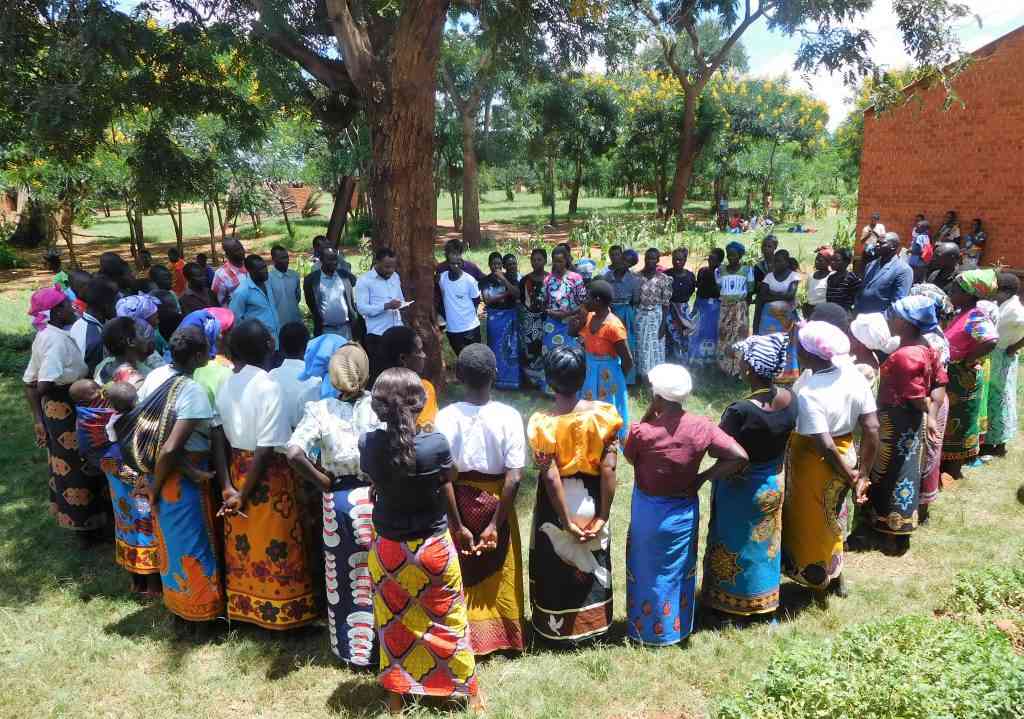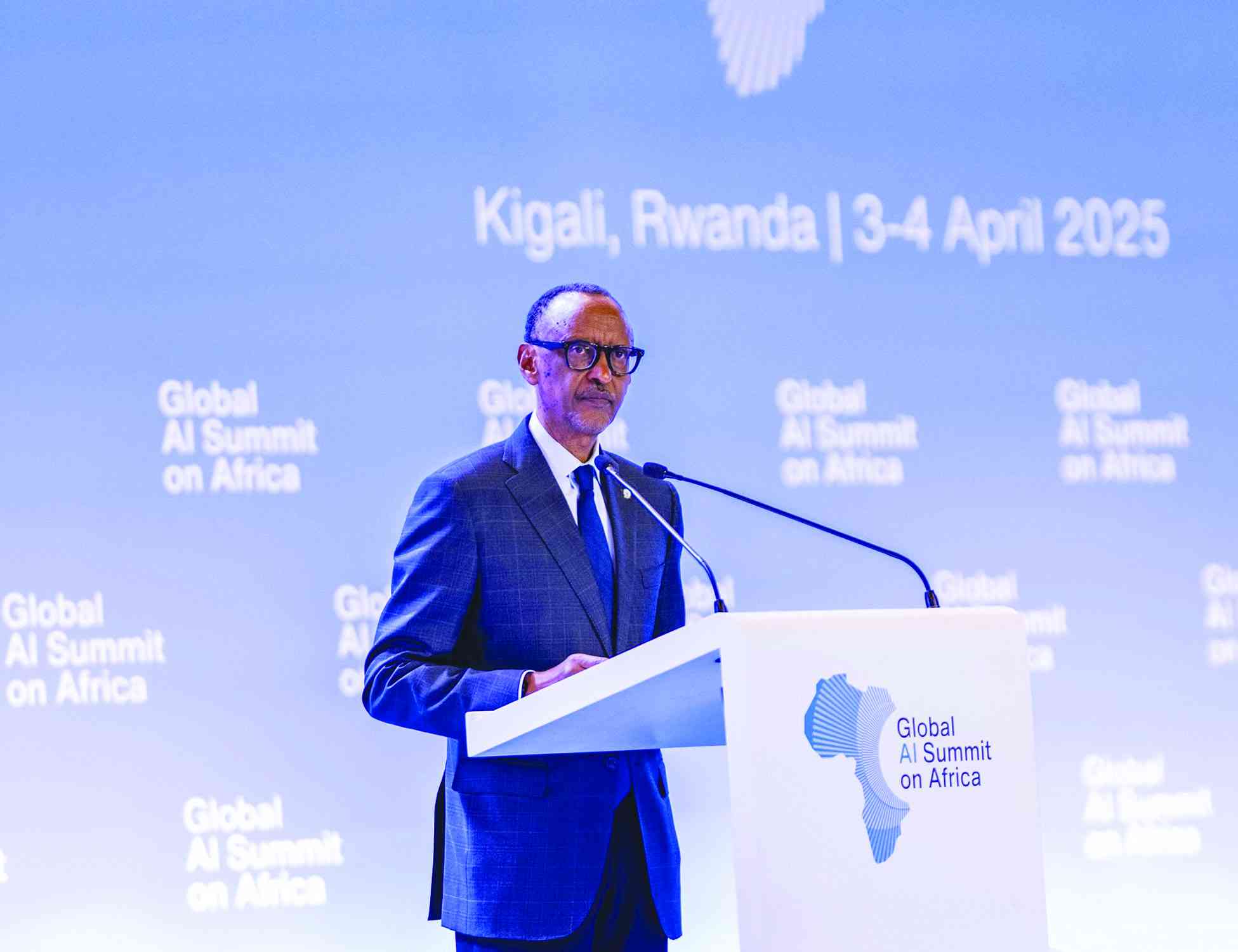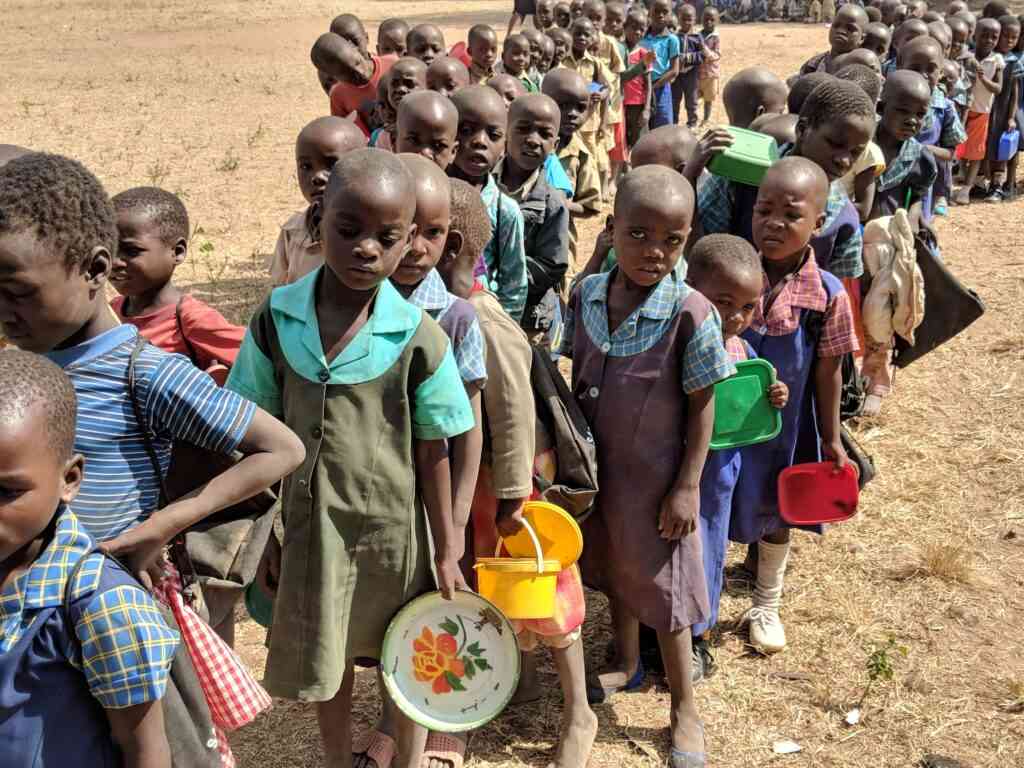
As I concluded my usual Saturday morning walk with Tsungi, my walking buddy and long time friend, we slowed down near her house like we always do, ready to part ways and head home.
The sun had started to claim the sky, and the streets were slowly filling up with vendors, shoppers, and kombi touts shouting destinations.
It was in that moment of stillness, post-walk, pre-rush, that we met two women: a mother and her teenage daughter, walking quietly along the street.
They looked tired, not just from the early morning walk, but from life itself.
Their names were Mai Rudo and her daughter Nyasha (not their real names). We greeted them casually, but something about the weight in their eyes made us pause. Tsungi, ever the warm one, asked if they were okay.
That’s when the mother broke into a soft but trembling voice, explaining that they had been moving from one shopping centre to another since dawn, looking for any kind of work.
Cleaning, laundry, or just helping out at a stall — anything that could earn them enough to buy maize-meal and cooking oil.
There was no drama in her voice, just honesty.
- Over 115 to exhibit at Mine Entra
- Young entrepreneur dreams big
- Econet bemoans power outages
- Govt opens ChiTown e-passport centre
Keep Reading
A resigned resilience. She didn’t beg, she didn’t demand, she simply shared her reality. I looked at Tsungi, and she looked back at me.
We had just finished our morning walk, ready to go home and make a cup of tea, perhaps even have a light breakfast. And yet here were two women, one old enough to be my mother and one young enough to be my niece, who hadn't even had a slice of bread.
We offered to give them a meal, and they hesitated at first, polite, proud. But hunger humbles the strongest among us, and they agreed.
We invited them in for a cup of tea and bread.
Over that meal, a powerful conversation unfolded, one that changed the shape of my entire day.
Mai Rudo told us how, after her husband had died, she became the sole provider for her children. With no formal job and no pension to fall back on, she depended on vending and piece work to make ends meet.
Nyasha, who should have been in Form Four, had dropped out of school the previous year because the family could no longer afford fees.
Her dream of becoming a nurse had been put on hold, indefinitely.
What struck me most was not the poverty itself. We all know how widespread it is, but the dignity with which it was carried, the love between mother and daughter, the quiet strength and still, the deep vulnerability.
Zimbabwean women such as Mai Rudo bear the brunt of poverty every single day. They are the first to wake up, the last to sleep, and often the ones who go hungry so that others can eat.
The feminisation of poverty is not an abstract concept, it is embodied in the tired feet of women who walk from one neighbourhood to another in search of opportunity that never seems to come.
It lives in the silence of girls who leave school not because they are incapable, but because the economy has made their dreams unaffordable.
Poverty in Zimbabwe is deeply gendered.
Women are over-represented in the informal sector, where there are no social protections, no guarantees, and no safety nets.
They sell tomatoes, airtime, second-hand clothes, or bananas on the roadside while dodging municipal officers.
They provide unpaid care at home, looking after sick relatives or grandchildren.
And when disasters hit, be they political, economic, or climate-induced, women are the ones who cushion the blow for everyone else.
What we often forget is that this economic struggle is not simply about lacking money, it is about lacking choices, dignity, and freedom.
Feminism, at its core, speaks to this. It is not a foreign or elitist concept. It is not about hating men or fighting culture.
Feminism is about restoring dignity to those who have been historically excluded from decision-making, resources, and opportunity.
It is about saying that Nyasha deserves the same right to education as her male counterparts.
That Mai Rudo’s work, though informal and unrecognised, is valuable and should be protected and supported.
As we finished our meal, Tsungi asked the two women if they would be open to exploring job opportunities in domestic work.
She knew an agent in town who sometimes helped women find safe placements, especially for those willing to take on caregiving or housekeeping roles.
She promised to make a few calls and follow up.
That simple act, of women sitting together, talking, sharing a meal, and offering help, was a powerful expression of feminist sisterhood.
No hashtags.
No podiums — just solidarity in action. And that’s what more people need to understand. Feminism is not always loud or dramatic.
Sometimes, it is a quiet conversation under a shade, or a shared meal between strangers-turned sisters. It is refusing to look away when another woman is in need. It is choosing to show up, even when you have little to give.
In Zimbabwe, we need more of that. More spaces for women to support each other. We need more policy that actually reflects the lived realities of female-led households. We need more education systems that make room for girls to come back after dropping out.
We need more investment in the care economy, so that care-giving is not a burden but a recognised form of labour. We need more efforts to dismantle structural inequalities that keep women such as Mai Rudo in cycles of poverty, while others climb social ladders built on the backs of unpaid female labour. We must also name the systems that sustain this poverty: colonial legacies, extractive capitalism, corrupt governance, and patriarchal structures that normalise female suffering as “part of life.” Women are not poor because they are lazy or weak.
They are poor because the system is designed to thrive off their unpaid labour, exploit their reproductive roles, and silence their voices. But amid this harsh reality, sisterhood remains a powerful force.
As we walked away that day, Tsungi and I reflected on how mutual care among women is not just beautiful. It is political. It is resistance. It is a declaration that even in the absence of state support or economic justice, women will hold each other up. Feminist solidarity in Zimbabwe cannot be about theory alone.
It must show up in our everyday choices, in who we hire, how we vote, what we normalise, and what we challenge. It must be embedded in our churches, our WhatsApp groups, our workplaces, and our kombi conversations. It must disrupt, inspire, and heal.
The fight against poverty in Zimbabwe cannot be won without centering women’s voices, labour, and experiences. We cannot continue to speak of development while leaving behind the very people who carry society on their backs. Feminism offers not just critique, but hope. It invites us to imagine a Zimbabwe where no woman has to walk 20 kilometres just to beg for a job that pays less than a dollar. Where young girls dream and actually live those dreams.
It invites us to imagine a Zimbabwe where sisterhood is not the exception but the norm.
On that quiet Saturday morning, I saw feminism at work. Not in a conference room, but on the pavement of Chitungwiza. And it was more powerful than any theory I have ever read. Until then, let us keep spreading positivity (#spreadpositivity).
We were here, becoming better, making our mark, and leaving our footprint as we make the world a better place!
- Chirenje writes in her personal capacity as a citizen of Zimbabwe. Twitter: @graceruvimbo; Facebook: Grace Chirenje; Instagram: @graceruvimbo











